Building collapses in Nigeria have become a tragic and disturbingly frequent occurrence, highlighting critical issues such as substandard construction practices, regulatory shortcomings, and widespread corruption. This article examines the recent incidents, explores the root causes, and discusses potential solutions to this grave problem.
Recent Incidents
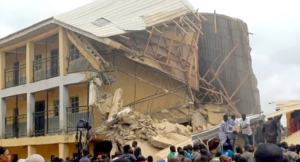
Jos School Collapse (July 2024)
On July 12, 2024, a two-storey building of the Saints Academy in Jos, Plateau State, tragically collapsed while students were in class. This horrific event led to the deaths of at least 22 students, with over 130 others injured and many still trapped under the debris. Preliminary investigations by the Nigerian Building and Road Research Institute (NBRRI) revealed that the collapse was due to the use of substandard materials and poor construction practices
.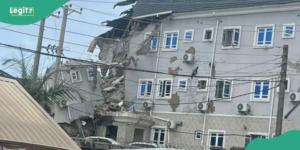
Abuja Building Collapse (July 2024)
Earlier in July, a four-storey building in Abuja’s Garki area collapsed, trapping several individuals. Emergency responders were able to rescue three people from the wreckage. This incident has further raised concerns about the enforcement of building codes and the use of quality materials in construction projects within the Federal Capital Territory.
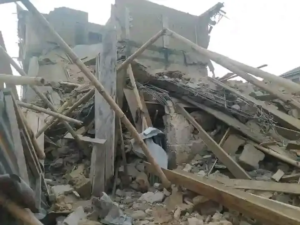
Aba Building Collapse (June 2024)
In June 2024, a three-storey building under construction in Aba, Abia State, collapsed, resulting in the deaths of five construction workers. This incident underscored the dangers posed by unregulated construction activities and the prevalent use of inferior building materials.
Underlying Causes
The recurrence of such tragedies points to systemic issues within the construction industry:
1. Substandard Materials: The use of low-quality materials that fail to meet safety standards is a major factor. This is often due to cost-cutting measures by contractors aiming to maximize profits.
2. Regulatory Failures: Ineffective enforcement of building regulations allows substandard constructions to proceed unchecked. Corruption within regulatory bodies often results in the approval of unsafe building plans.
3. Lack of Professional Oversight: The involvement of unqualified personnel in construction projects is significant. Many builders and contractors lack the necessary skills and qualifications to implement safe building practices.
4. Inadequate Maintenance: Existing buildings often suffer from poor maintenance, leading to structural weaknesses over time. Regular inspections and maintenance are crucial for ensuring building safety.
Potential Solutions
To address this epidemic, a comprehensive approach is required:
1. Strengthening Regulations and Enforcement: Strict enforcement of building codes and standards is essential. Regulatory bodies need to be empowered and insulated from corruption to ensure compliance.
2. Use of Quality Materials: Promoting the use of certified and high-quality building materials can significantly reduce the risk of collapses. This can be achieved through incentives for quality compliance and penalties for violations.
3. Professional Development: Enhancing the skills and qualifications of construction professionals through continuous education and certification programs is vital.
4. Public Awareness and Accountability: Educating the public about the importance of building safety and holding builders and contractors accountable for substandard work can create a culture of safety.
In essence, the frequent building collapses in Nigeria are a symptom of deeper systemic issues within the construction industry and regulatory frameworks. Addressing these problems requires comprehensive reforms, robust enforcement of regulations, and a commitment to quality and safety in construction practices. Only through such concerted efforts can the safety of Nigerian buildings be assured, preventing further loss of life and property.

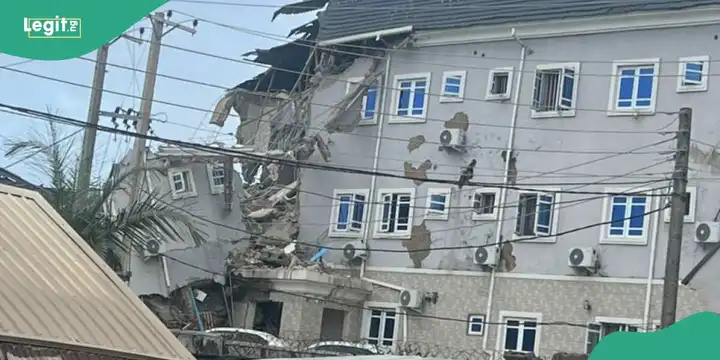
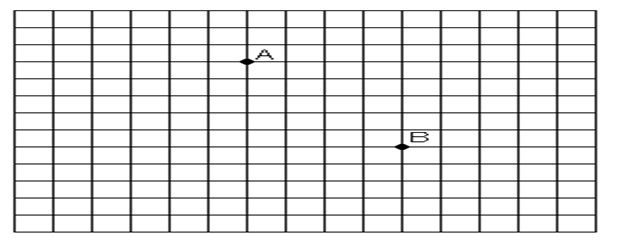
Join The Discussion